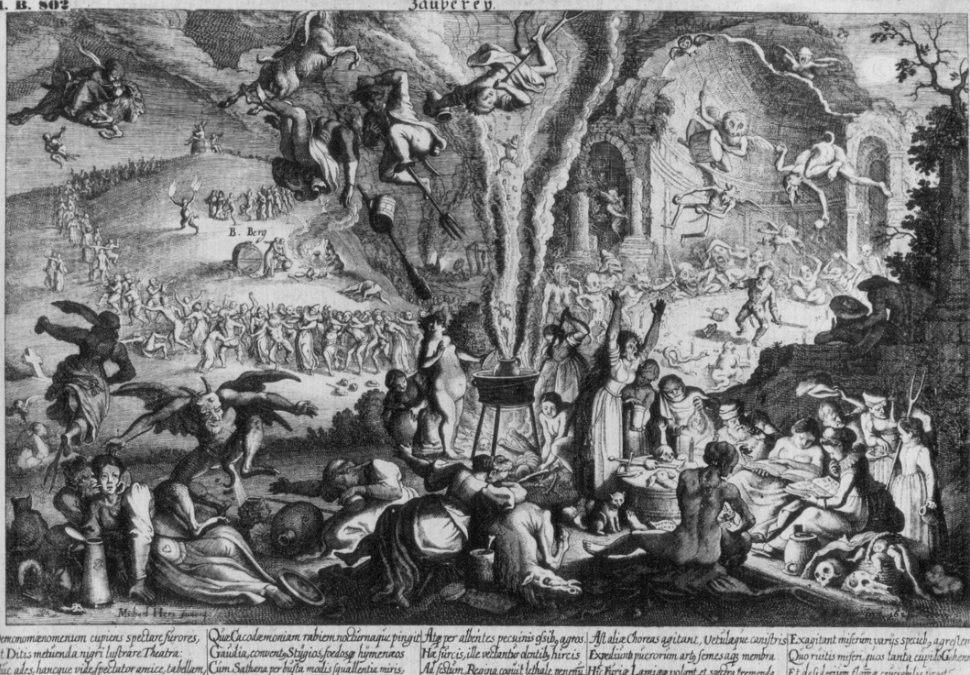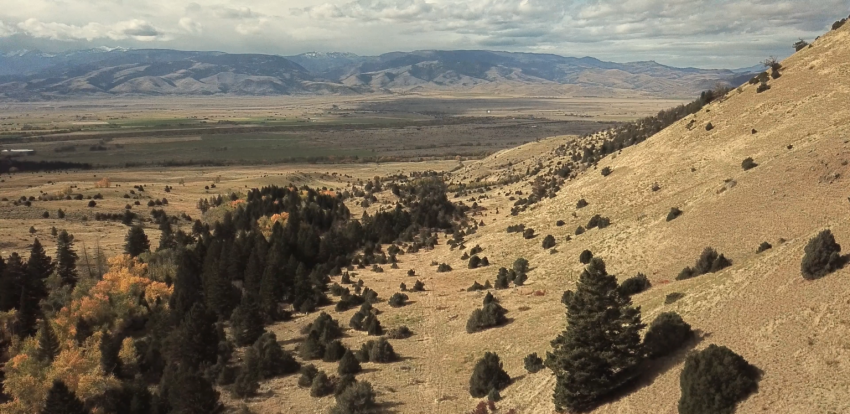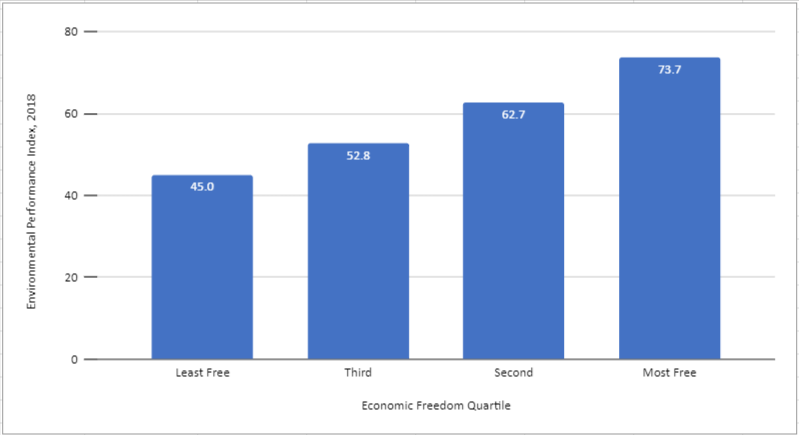
Jane Shaw Stroup’s Commentaries

Riots over the Bible? Yes. In Philadelphia.
When we think of conflicts between Catholics and Protestants, we think of the wars following the Protestant Reformation in Europe in the 1500s and 1600s. The United States, we assume, has followed a policy of free expression of religion, as promised in the First Amendment to the U.S. Constitution. Sad to say, that is not true. I would like to share with you (briefly) the story of the “Philadelphia Riots of 1844.”

Dueling: A Gentleman’s Duty or a Nasty Habit?
A recent scholarly paper perused two newspapers (the New York Times and the Richmond Daily Dispatch) for duels reported between 1861 and 1865. They found 130 duels (over just five years!). Of these 130 duels, they write, “71 involve prominent figures, which we define as politicians, military officers with rank of at least colonel (Army) or captain (Navy), and other well-known private citizens.”[2]
Read the original article (and view the notes) on janetakesonhistory.org

Charlotte Hawkins Brown: Education under Difficulties
The year 1901 was not a promising time for Charlotte Hawkins Brown, a young black woman, to return to her native North Carolina and teach in a mission school. White supremacists had overthrown North Carolina’s Fusionist government in 1900. The new governor was proud of the amendment to the state constitution that had “the deliberate purpose of depriving the negro of the right to vote, and of allowing every white man to retain that right.” Schools were separate and unequal in spite of the 1896 Supreme Court decision that said they could be separate if they were equal.

More Important Than the Industrial Revolution
It’s called the Transportation-Communication Revolution. In recent times, shipping costs have fallen by 50 percent and air cargo costs have fallen by almost 100 percent. As a result, the per capita GDP of developing countries (outside of sub-Saharan Africa) between 1960 and 2015 rose a whopping 549 percent.

Julian Simon, Vindicated Again
Each year, the Competitive Enterprise Institute (CEI) has a dinner in Washington, D.C., honoring the economist Julian Simon, who died in 1998. Simon was a rare optimist in the fields of population and natural resources. He disagreed with most environmentalists of his day (especially in the 1980s through 1990s). They feared passionately that growing population would overwhelm agriculture and industry and that the world would run out of natural resources such as oil and minerals.

The “Madness of Crowds”?
Can history help us understand today’s panic over global warming? While the Earth is warming and human activity is probably contributing to it, the overheated efforts to make people fear the long-term future suggest that this is more of a crusade than a rationally considered enterprise. Extreme fear of global warming is negatively affecting politics, the economy, the media, international relations, and education.

Economic Growth Theories Fall into the Dustbin of History (And That’s Okay)
Economists like Samuelson failed to understand economic growth in developing countries. Unbeknownst to them, cost-reducing innovations in transportation and communication led to increased trade and lifted people out of poverty. The Industrial Revolution benefited only a small portion of the world. Trade spurred prosperity and development on its own.

Conservation Leases?
This guest post by Shawn Regan is a substantive analysis of the recent proposal by the Interior Department's Bureau of Land Management to allow leasing of public land for conservation purposes. Regan is vice president of research at the Property and Environment...

Can There Be Too Many Trees?

Economic Freedom IS good for the environment
Yes, data from the Yale Center for Environmental Law & Policy and the Fraser Institute’s Economic Freedom of the World Index send a resounding message: Economic freedom brings about environmental protection. Why? Because economic freedom leads to prosperity and only prosperous countries can truly protect their environment. Are you skeptical? More.